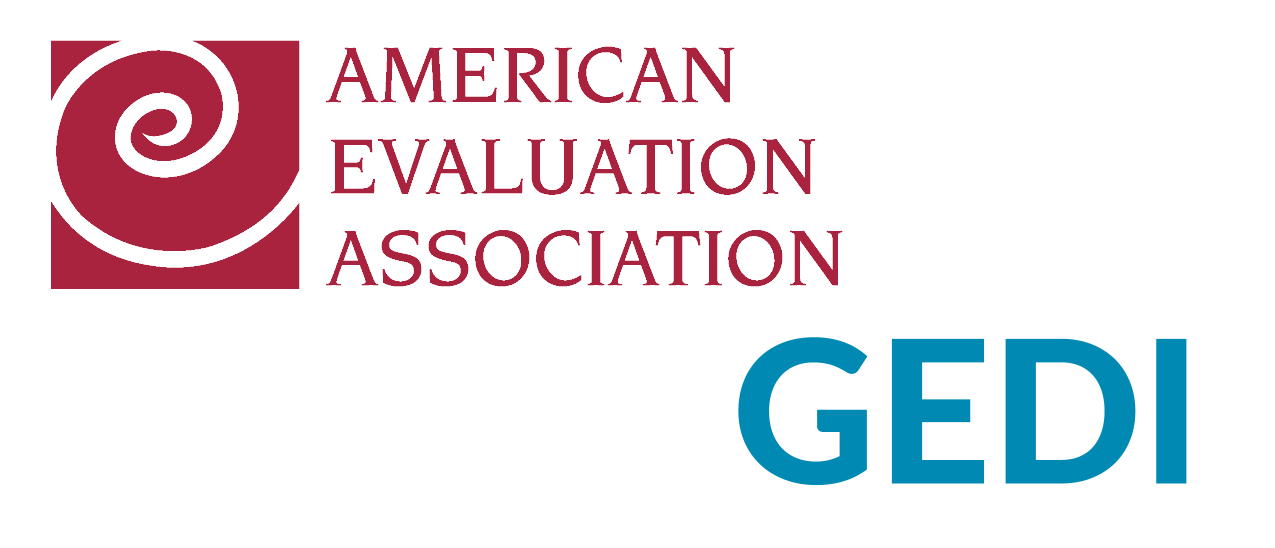In 1997, several influential evaluators who represented the American Evaluation Association (AEA) and W.K. Kellogg Foundation’s leadership got together to discuss how the evaluation profession can create a pipeline of evaluators who will be more equipped to respond to diverse contexts and communities. An initiative was conceived, funded by the Kellogg Foundation, advised by an AEA committee, and implemented by Community Science (at that time, it was called the Association for the Study and Development of Community). Among the recommendations that developed from this initiative was a fellowship program that became the pipeline program—the AEA Graduate Education Diversity Internship (GEDI) program. (See New Directions for Evaluation, No. 143, Fall 2014, Building a New Generation of Culturally Responsive Evaluators through AEA’s Graduate Education Diversity Internship Program, for a history of the program and experiences of several GEDIs and evaluators who have contributed to the program’s development.)
Fast forward to 2023 and 19 cohorts of evaluation practitioners later, the GEDI Program remains strong with a network of over 150 evaluators trained to work in culturally diverse settings and who hold leadership positions in foundations, federal agencies, nonprofit organizations, academic institutions, and consulting firms. Community Science has been at the forefront of leading the GEDI program; Brandi Gilbert, PhD— Senior Associate at Community Science—has served as a Co-Director since 2017. She has a longstanding connection to the GEDI pipeline, as she was a former GEDI scholar in the 2009 cohort.
The Program’s wins should be celebrated, it took a lot of hard work to get here—at times it was fun and joyful, at other times it was frustrating and painful, as the New Directions issue describes. No matter how successful, we must wonder why pipeline programs like this one and many others continue to be critical for so many professions because people from some populations don’t have fair access to the opportunities and resources needed to consider a career in these professions. A lot of attention is paid to each person in the GEDI program and an abundance of care is given to the relationships and community that have been forming and growing stronger over the past 19 years. At the same time, the generations of leaders in the evaluation profession who have worked to fortify the profession and the current leaders who are using evaluation to push our society to become more fair and just, must continue to focus on systemic changes that will one day, make pipeline programs no longer necessary.
About The Author
Kien S. Lee, Ph.D., Principal Associate and Vice President, has expertise in promoting the use of data and evaluation to promote health, food security, civic engagement, and leadership development.

